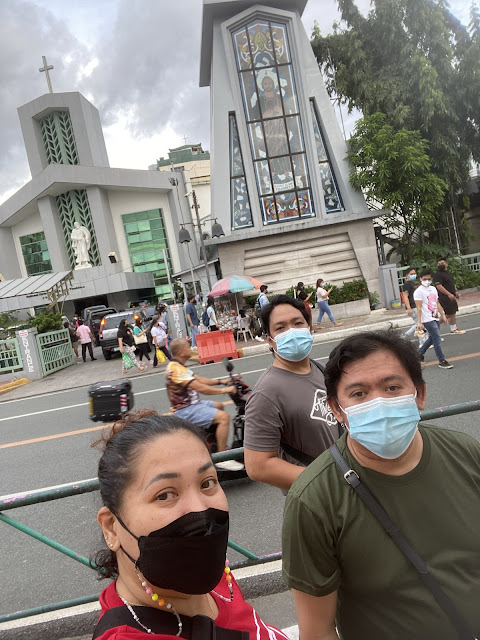The 22nd of March marks the commemoration of World Water Day, and aside from implementing industry best practices and policies, PCPPI encourages process improvement to further optimize how water is utilized across all areas of operations. “Upholding our commitment to responsible water stewardship goes beyond having the systems and protocols in place that allow our teams to carry out their responsibilities effectively. Our employees are encouraged to embrace innovation as part of our advocacy,” said PCPPI president and chief executive officer Frederick D. Ong.
Strategic plans supported by strong partnerships
The water resource management policies of PCCPI are embodied in the Luntiang Yaman program, which covers the organization’s sustainability efforts. These include the 3Rs approach to manage water consumption: reduce, re-use, and recycle. Other than reducing water use, PCPPI also has protocols in place to optimize electricity use, optimize fuel yield, manage solid waste output, and community engagement.
PCCPI also works with government authorities in the communities where it operates. For example, the organization actively works with the Laguna Lake Development Authority (LLDA) to periodically assess the health of the waterways in the communities they operate alongside multi-sectoral groups.
Sto. Tomas: Shifting the traditional mindset
PCPPI’s commitment to responsible water management is demonstrated in its manufacturing facilities, particularly in Sto. Tomas, Batangas. The plant has twice-received PCPPI’s Galing at Sikap Plant Excellence Award in Sustainability in 2021 and 2022. This recognition is given to the business units with the highest performance ratings on key focus areas of operations, including environmental resource management. “The Sto. Tomas facility was lauded for its efforts in consuming water and energy in the most economical way, thereby minimizing environmental impact,” Ong added.
According to Plant Manager Chrysler Salcedo, one of the best practices at work at the Sto. Tomas plant includes setting definitive operating hours for optimum target volume of water required, both for the products to be manufactured and for its manpower’s daily water consumption. This encourages all employees to become more mindful in their water use in daily operations. Regular training sessions on resource conservation are also scheduled, and serve as checkpoint meetings where employees can proactively address potential areas of concern.
“Open communication and collaboration make even the most complex policies work. In Sto. Tomas, it remains important for our team to engage in discussions about how we can best manage the resources we look after: water, electricity, and oil, among others,” said Salcedo. “To become more effective in our industry, we recognize the value of implementing more creative, cost-efficient policies so that we can better serve our communities,” he added.
Strategic and planned updates in the Sto. Tomas plant have also been implemented to further manage how the facility consumes water, one of which involves decreasing the frequency of production line Clean-in-Place (CIP) procedures. These pertain to the overall cleaning of equipment used after continuous production. “We shifted to a 72-hour cycle, which will allow us to save 780 liters of water a week. Combined with our stringent sanitation protocols, we are confident that our operations will continue to meet internal and industry standards while maximizing financial and resource savings,” Salcedo explained.
PCPPI is the exclusive manufacturer of PepsiCo beverages in the country. It distributes well-loved brands such as Pepsi-Cola, Mountain Dew, 7-Up, Mirinda, Mug, Gatorade, Sting, Tropicana, Lipton Iced Tea, Milkis, Chum Churum Soonhari, and Premier. For more information about PCPPI and its products, please visit www.pepsiphilippines.com.












